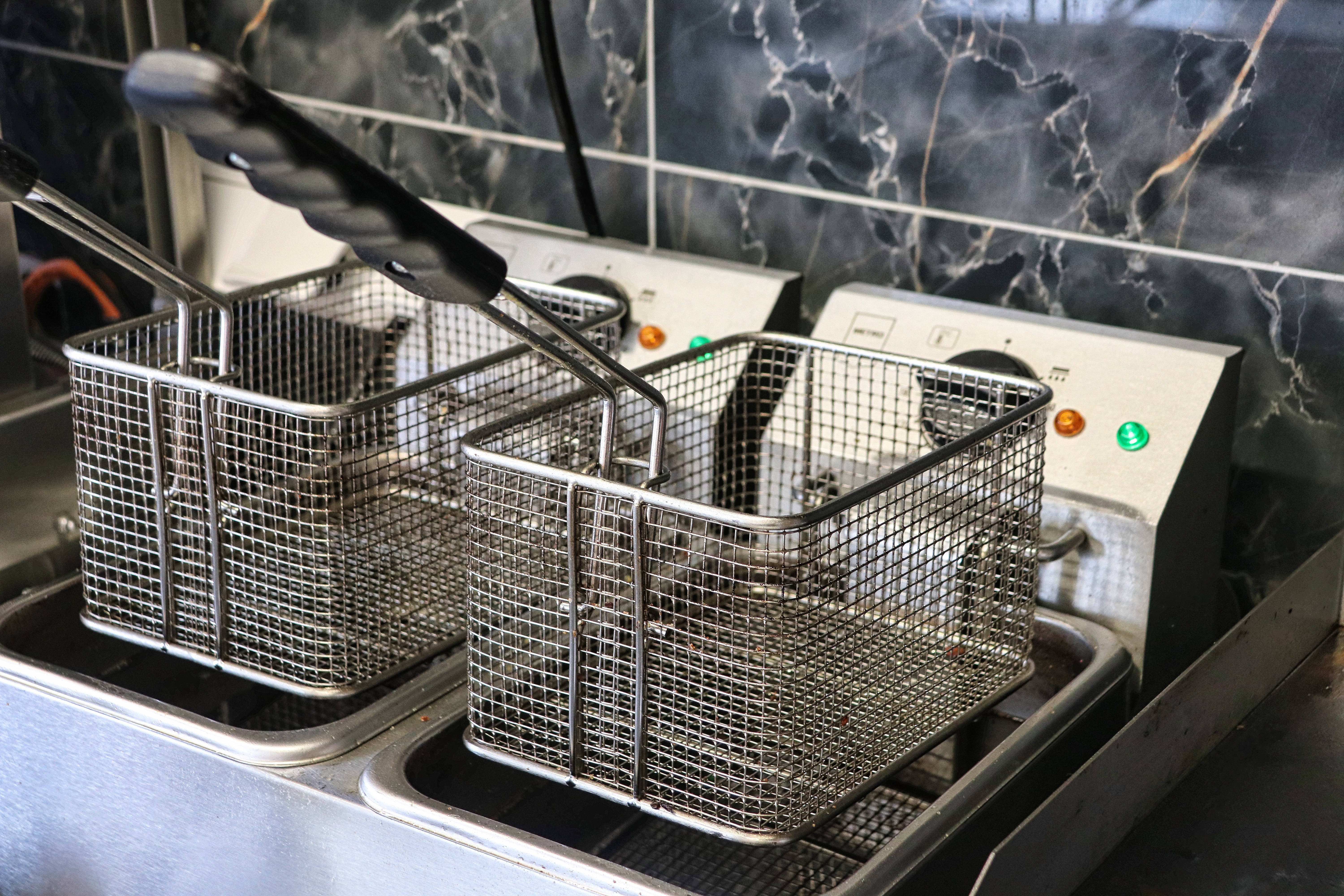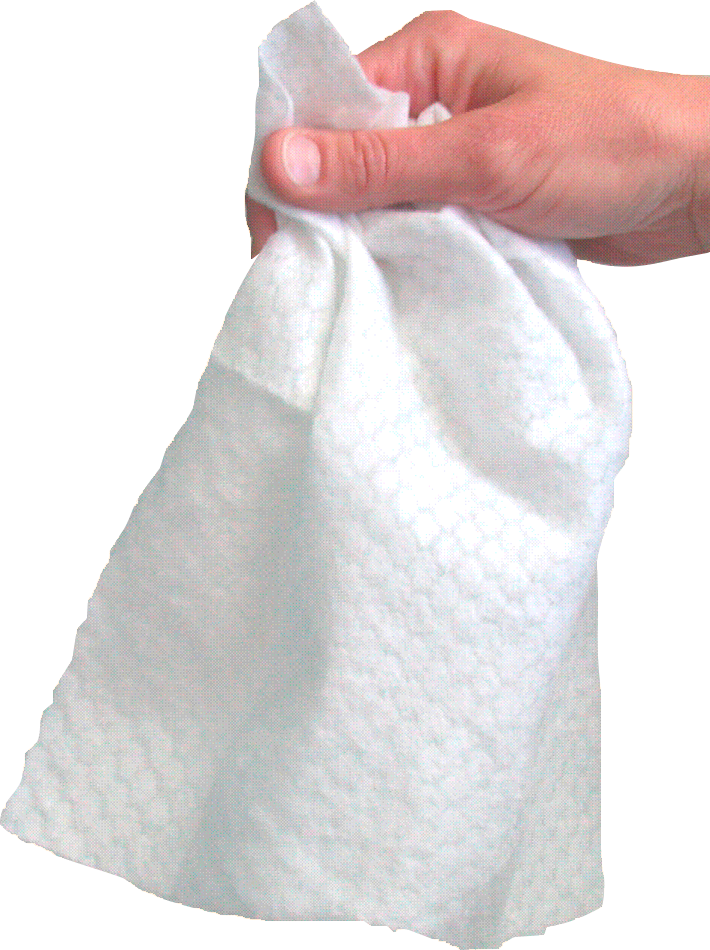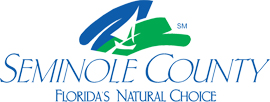Industrial Pretreatment Program
The Seminole County Utilities Department Industrial Pretreatment Program monitors industrial and commercial wastewater discharges and regulates industrial best management practices. The goal of the program is to protect the wastewater system infrastructure and prevent sanitary sewer overflows into our natural environment, preserving the water quality in our lakes, rivers, and springs.
Industries and businesses in Seminole County should self-monitor pollutants in their wastewater to comply with federal, state, and county regulations. Seminole County Industrial Pretreatment Program staff work with local businesses to ensure they are in compliance.
Grease Trap Maintenance: Fats, Oils, and Grease
Seminole County monitors wastewater discharges into the sanitary sewer collections system for contaminants that could potentially upset the wastewater treatment process, such as grease. Excessive grease discharges may lead to sanitary sewer line blockages and cause overflows, releasing raw wastewater into the environment.

Fats, oils, and grease should never enter the sanitary sewer system or natural environment from commercial buildings or homes. Food service establishments in Florida are required to install, maintain, and pump out grease traps every three months. Seminole County staff work to inspect, train staff, and retain a list of qualified hauling companies to encourage grease trap best management practices.
Commercial Wastewater
Other commercial wastewater discharges include auto repair shops, car washes, medical facilities, and printing shops. Contaminants entering the wastewater collections system may inhibit biological activity at the wastewater plant, interrupting the job of the microorganisms that break down waste. This type of upset to the wastewater treatment process may cause non-compliance or violation to the County’s wastewater permit.
Industrial Waste Pretreatment Program Survey
What To Do At Home
You can help protect Seminole County’s sanitary sewer system and the environment by following these tips at home.

- When cooking, pour leftover fat, oil, or grease into a container for disposal or reuse, or into your trash can. Do not pour it down your drain.
- Flushable wipes are not truly flushable. They can clog pipes and damage pumps, causing sewer backups. Throw them in the trash.
- When washing the car, do not allow oils and grease to wash into storm drains.
- Store oils, paints, and other hazardous materials indoors or under cover to prevent runoff.
- Dispose of these materials at the Household Hazardous Waste drop-off area at the Central Transfer Station in Longwood.
